These Nifty Eco-Stores Are Helping Goans Eat Local, Go Zero-Waste & Live Sustainable!
Because going sustainable is not as expensive or difficult as it seems.

Being a conscious consumer may sound trendy and cool, but it’s no less than a challenge. The actions go beyond refusing plastic bags, segregating your waste and eating organic food. It is based on the increased awareness about the impact of our purchasing decisions on the environment and health in general.
So, getting such products can be an arduous task, but there is a social movement now which is helping people to make the right choices at the right prices.
Goa has been marred with domestic waste management issues for more than a decade. It is now showing a way to make people aware about conscious consumerism.
With weekly markets like the popular Mapusa market held on Fridays, these are the best places for people to buy local produce sold by the farmers themselves. Also on sale are exotic items like kokum butter and coconut jaggery, to name a few.
However, other markets aimed at sustainability are cropping up too. These are popularly known as farmers markets and are community-driven. These have fresh produce from the farm and home-made eatables, personal care products and even some innovative products.
Earth Keeper’s Market
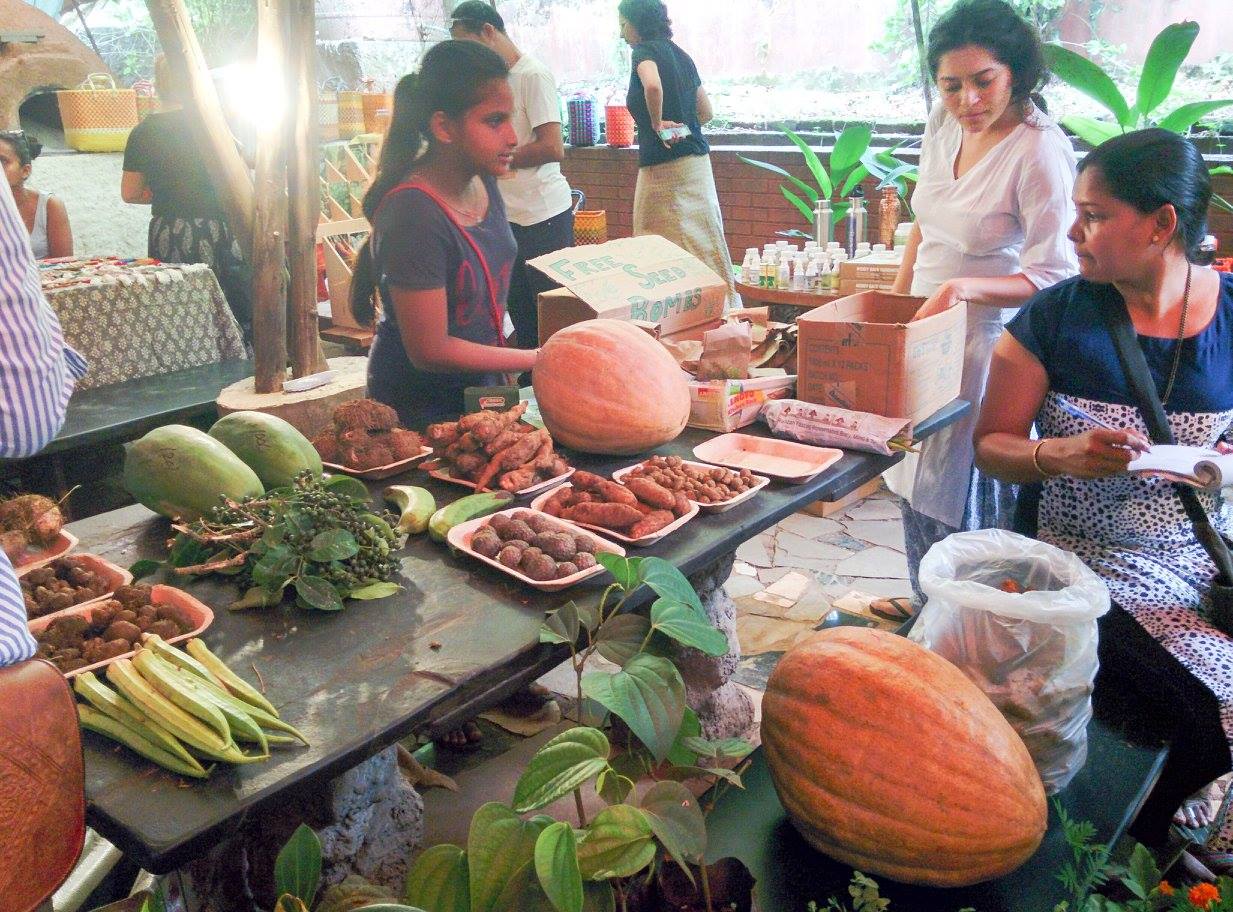
Held every Sunday in North Goa, this market is aimed at providing healthy, organic and nutritious food items to its consumers. On sale is a range of millets like kodo, proso, little millet, quinoa, amaranth and buckwheat, which are healthier alternatives to rice and wheat.
There are also different types of herbal tea, cold-pressed cooking oils, home-made non-gluten and multigrain breads, vegan pastries, greeting cards and other paper artefacts.
The market also showcases personal care products that include bio-degradable sanitary pads, natural aromatherapy, bamboo and coconut products for personal and kitchen use. It is important to note that these products are made by underprivileged children.
Darryl D’Souza believes in integrated natural therapy and thought of this market when he realised that people do not have access to healthy food. He makes sure that only organic and healthy food is sold at his not-for-profit venture.
He says, “People sometimes start with organic ingredients, but then, they process the food to such an extent that it becomes unhealthy–this kind of food is not allowed in our market.
The market now runs at two locations–The Rejuvenation Center in Candolim, on Sundays, from 5 to 7 p.m., and at Saraya Eco Resort and Artspace in Sangolda from 4:30 p.m to 7 p.m on the last Sunday of the month.
Goan Farmer’s Market
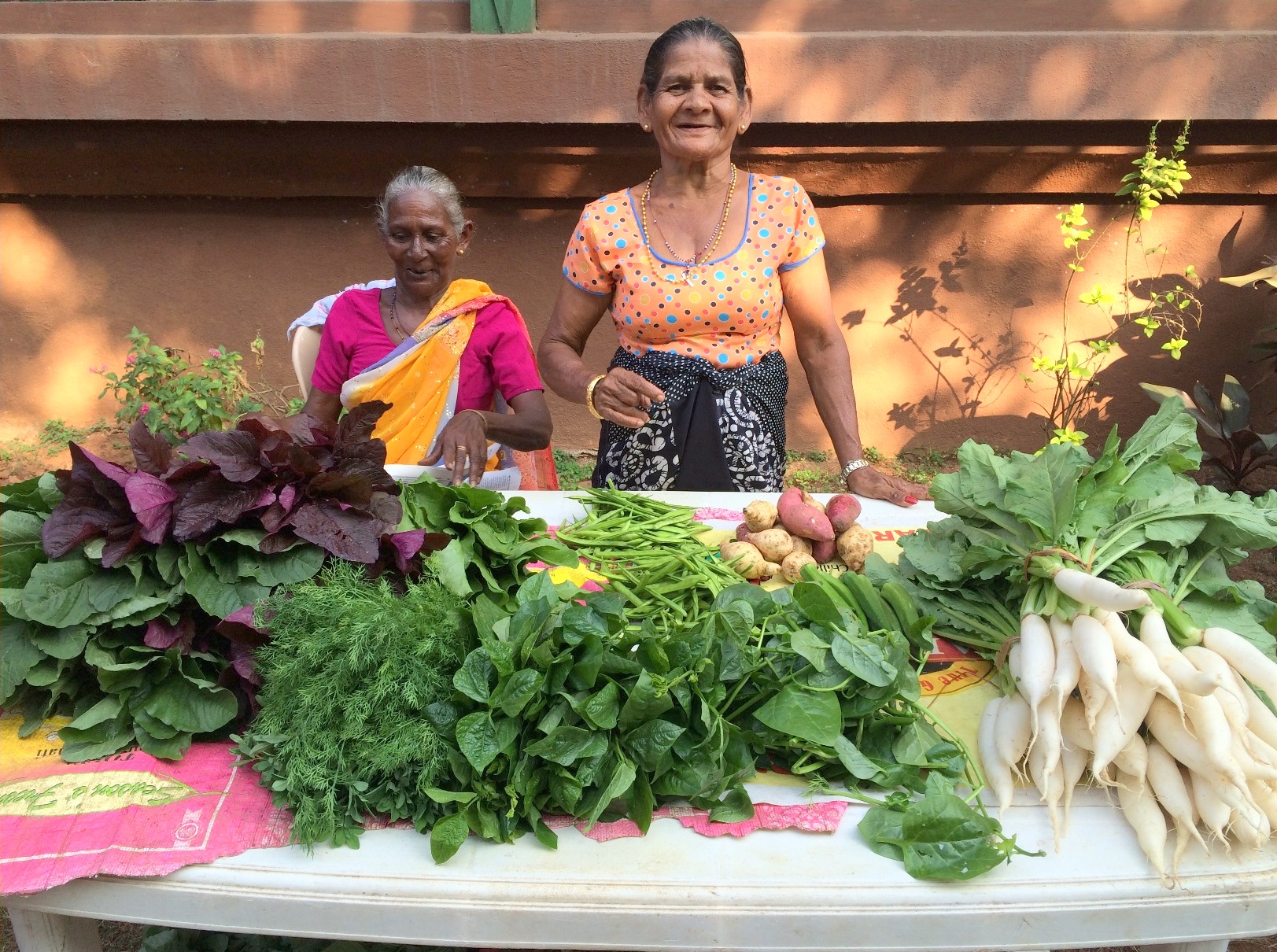
Many times, consumers want to buy local produce but are not sure of its authenticity at regular markets, where availability is also a challenge.
So, Margao-based Chiara Viegas thought of Goan Farmer’s Market, which is held in South Goa at Margao. It is held on a Sunday, once in two months.
The market receives an average of 26 vendors who sell interesting products like raw honey, beeswax products, micro greens, organic coconut flour, handmade soaps, plant saplings, cane baskets, and even some Portuguese treats like empadinhas and pasteis, etc.
Now, with the popularity of such markets in Goa, some entrepreneurs have gone one step ahead and started eco-shops.
Also Read: This Man Quit His 10-Year Banking Career to Create a Broker-Free Market for Farmers
Managing waste with Dhairyansh Green
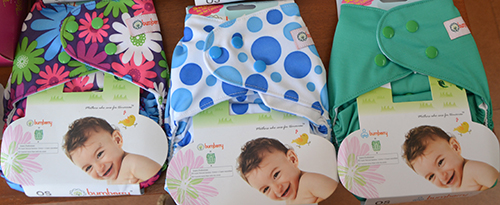
Vaishali Chauhan, who runs Dhairyansh Green, a store in the capital city, Panaji, says that the amount of garbage they generated and its impact on the ecology moved her to start the store. She is a distributor for different products like bamboo toothbrushes, earbuds, straws, hairbrushes, washable cloth sanitary pads, cotton bags, seed jewellery, washable baby diapers, etc.
She says, “My store is just seven months old. But, before that, I made some changes in my personal life. I stopped buying packaged curd and sliced bread, as it comes with the plastic packaging. Instead, I started making curd at home or cooking, instead of going to restaurants. I believe that each step counts.”
Her focus is on popularising washable sanitary pads and diapers as she believes that there has been no solution to this waste so far. She says, “We have pads from Eco Femme brand. These are washable, and they can be used for 75 cycles, which is almost five years. Also, they are made from organic cloth, so there are no stains or smells. One only has to put them in soapy water and dry them in sunlight. They are sensitive to the skin and comfortable. I have clients who have even used them during train journeys.”
She also heavily promotes reusable diapers as it is estimated that a baby requires 3,000 disposable diapers which result in 1-2 tons of garbage, taking nearly 500 years to degrade.
“Nowadays people hardly use washable cotton diapers, which we have used traditionally. But now, it is not feasible. So, these diapers from Bumberry brand are a good option and can be used for babies till they are 3-years-old.”
Chauhan who participates at the farmer’s markets and other public events opines that there is a growing demand for such goods. But more awareness is required.
Ecoposro-a zero-waste store
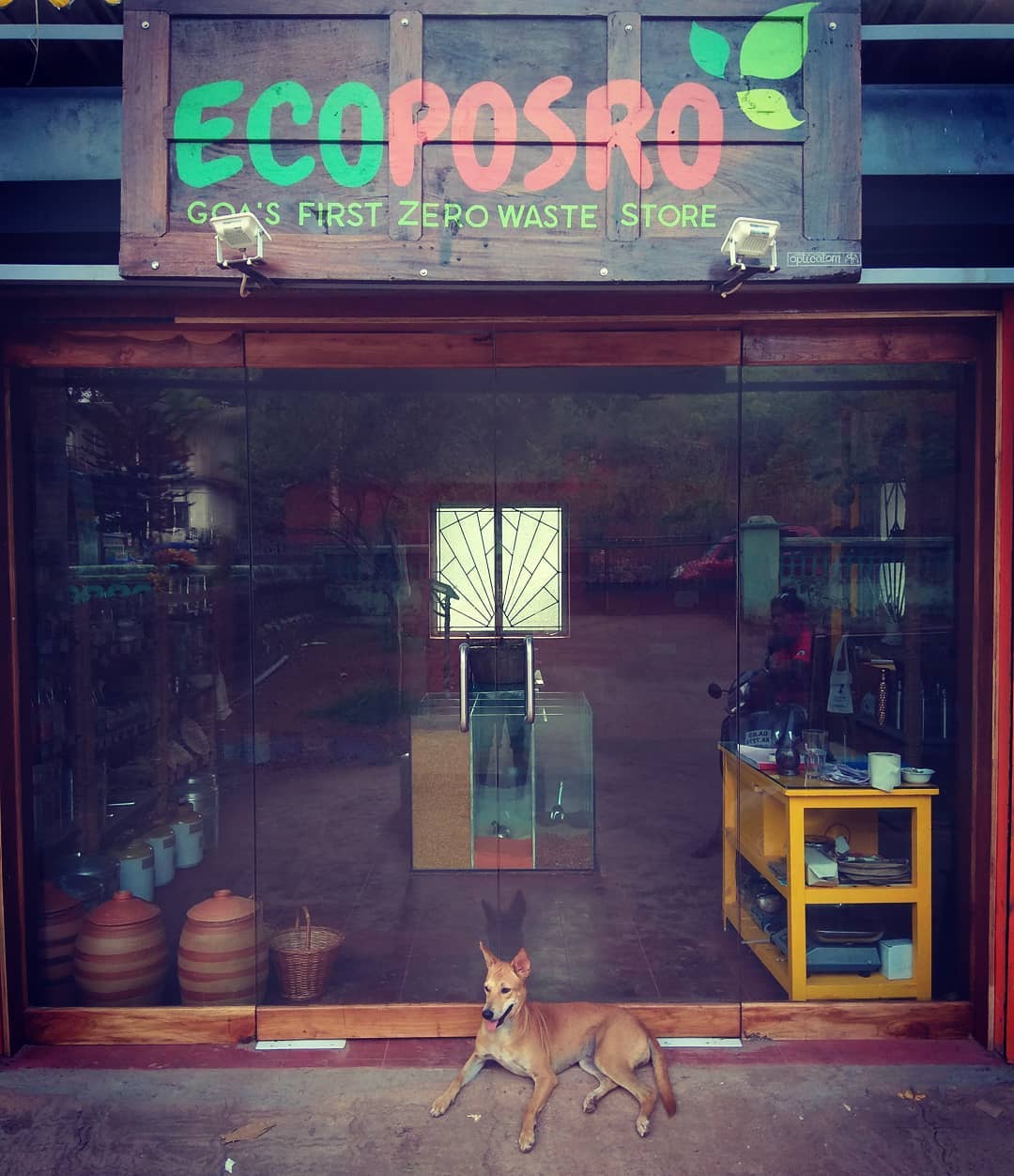
And for such awareness, social media can prove handy. A couple of months ago, a new store in Goa, named Ecoposro (‘Posro’ means ‘shop’ in Konkani), created quite a stir as it was Goa’s first zero-waste store.
It was claimed that none of their products had plastic packaging and that the products were sourced locally.
Jonah Fernandes and Eldrige Pinto, owners of Ecoposro, were always drawn towards an eco-friendly lifestyle. “I run a Goan restaurant called Eldou’s. After realising how much trash a restaurant produces, I decided to try my best to shop waste-free. This was when I realised how difficult it was to do so, and thus the idea was born. From then on, the two of us worked and grew the concept into a full-fledged zero-waste store,” says Pinto.
Their store at Parra in North Goa sells household essentials like grains, spices, cooking oils, basic groceries, vegetables, and even local produce like coconut vinegar, rock salt and jaggery.
In addition to this, there is a section on zero-waste detergents, cleaners and toiletries, cloth sanitary pads, personal care, etc. They keep steel tiffins, copper water bottles and a few stationary items made from recycled paper and tetra packs. They also buy local produce, like rice, directly from the village fields in Goa and some from outside Goa.
They make sure that their vendors use reusable containers. These products are then stored in stainless steel containers and other airtight bins. It is also one of the few shops in Goa where you are encouraged to bring your containers. They also have a system of dispensers.
You May Also Like: India Inc Goes Green, Pledges to Find Sustainable Solutions to Fight Plastic Pollution
“The customer can choose how much they want to buy, according to the weight. If a customer doesn’t have their container, then they can pick up paper bags from the store, or buy glass jars which are refundable. All glass bottles can be brought back for a 50 percent refund. We also have a home-delivery facility. We bring the order in our containers, and fill them up directly into the customer’s container,” says Pinto.
Challenges
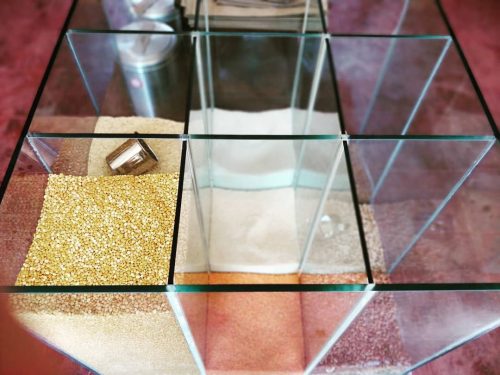
- Making the products affordable–But, one challenge associated with such products is the pricing. They are generally priced higher than conventional brands, which keeps buyers away. Fernandes agrees on that point, adding, “Since organic produce tends to be more expensive, and we would like to cater to the needs of a larger market, we have organic as well as non-organic produce. We would like the concept of plastic-free shopping to be accessible to all.”D’Souza maintains that the key for this is the right techniques of farming and practical thinking. He says, “To make products cheaper, we teach our organic farmers how to use natural farming techniques and permaculture, where input costs are lower than in commercial farming. Also, we have markets close to the farms so that there is a low cost of transportation. We also facilitate farmers to directly sell to customers so that there is no middle-man commission. We also help people understand the value of organic food wherein their medical bills and doctor’s visits and fees reduce considerably.”
- Convincing the customer–They all agree that their biggest challenge is to convince the regular customer to be a conscious consumer.
“It is not always easy convincing people to make good choices. For example, only sick people look for healthy food or healing remedies; or only those people who are aware of environmental conditions will buy products that do not damage the environment,” says D’Souza and that’s why he conducts workshops and seminars on health in Goa, Mumbai, Delhi, Pune and Bengaluru. He is also working towards hosting talks on health and the environment, and short plays at his weekly market.
Pinto points out that major challenge is not to lose sight of their purpose of being zero-waste. “Sometimes, it is frustrating and demotivating to see our beloved home, Goa, get covered with plastic. But we try our best to play our part, and the satisfaction of seeing people take their first step towards a zero-waste lifestyle keeps us going,” concludes Eldridge.
(Written by Arti Das and Edited by Shruti Singhal)
Like this story? Or have something to share? Write to us: [email protected]
Connect with us on Facebook and Twitter.
NEW: Click here to get positive news on WhatsApp!

Similar Story

1 Lakh Dogs Vaccinated/Yr: ‘How We Made Goa India’s 1st Rabies-Controlled State’
The Goa state government collaborated with an NGO ‘Mission Rabies’ to control the fatal disease that takes up to 20,000 lives every year in India. Veterinarian Dr Gowri Yale shares how they made it possible.
Read more >
If you found our stories insightful, informative, or even just enjoyable, we invite you to consider making a voluntary payment to support the work we do at The Better India. Your contribution helps us continue producing quality content that educates, inspires, and drives positive change.
Choose one of the payment options below for your contribution-
By paying for the stories you value, you directly contribute to sustaining our efforts focused on making a difference in the world. Together, let's ensure that impactful stories continue to be told and shared, enriching lives and communities alike.
Thank you for your support. Here are some frequently asked questions you might find helpful to know why you are contributing?


This story made me
-
97
-
121
-
89
-
167












